- Home
Page 2
Page 2
 The Boy Allies with the Terror of the Seas; Or, The Last Shot of Submarine D-16
The Boy Allies with the Terror of the Seas; Or, The Last Shot of Submarine D-16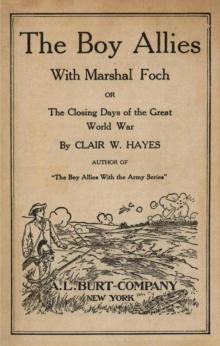 The Boy Allies on the North Sea Patrol
The Boy Allies on the North Sea Patrol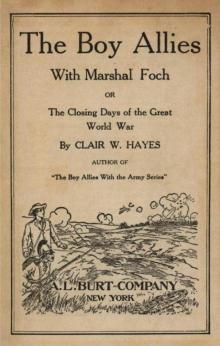 The Boy Allies in the Baltic; Or, Through Fields of Ice to Aid the Czar
The Boy Allies in the Baltic; Or, Through Fields of Ice to Aid the Czar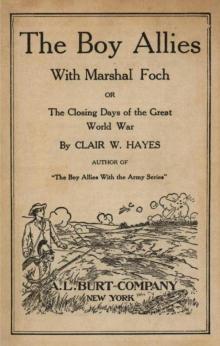 The Boy Allies with Marshal Foch; or, The Closing Days of the Great World War
The Boy Allies with Marshal Foch; or, The Closing Days of the Great World War Boy Allies with Haig in Flanders; Or, the Fighting Canadians of Vimy Ridge
Boy Allies with Haig in Flanders; Or, the Fighting Canadians of Vimy Ridge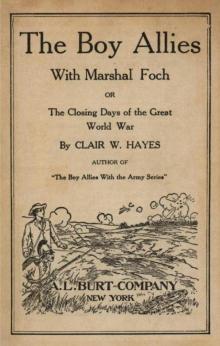 Boy Allies with the Victorious Fleets; Or, The Fall of the German Navy
Boy Allies with the Victorious Fleets; Or, The Fall of the German Navy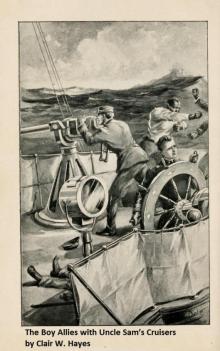 Boy Allies with Uncle Sam's Cruisers
Boy Allies with Uncle Sam's Cruisers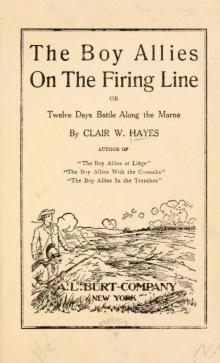 Boy Allies at Liège; Or, Through Lines of Steel
Boy Allies at Liège; Or, Through Lines of Steel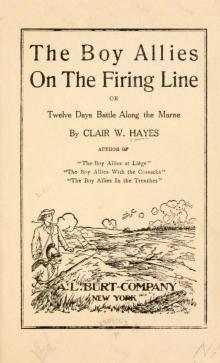 Boy Allies on the Firing Line; Or, Twelve Days Battle Along the Marne
Boy Allies on the Firing Line; Or, Twelve Days Battle Along the Marne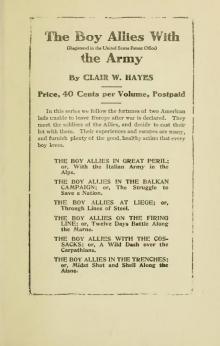 Boy Allies in the Balkan Campaign; Or, the Struggle to Save a Nation
Boy Allies in the Balkan Campaign; Or, the Struggle to Save a Nation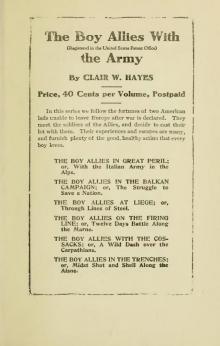 Boy Allies in the Trenches; Or, Midst Shot and Shell Along the Aisne
Boy Allies in the Trenches; Or, Midst Shot and Shell Along the Aisne Boy Artist.
Boy Artist.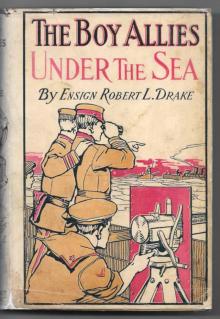 Boy Allies Under the Sea; Or, The Vanishing Submarines
Boy Allies Under the Sea; Or, The Vanishing Submarines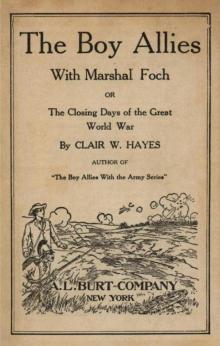 Boy Allies under Two Flags
Boy Allies under Two Flags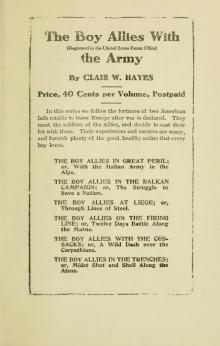 Boy Allies in Great Peril; Or, With the Italian Army in the Alps
Boy Allies in Great Peril; Or, With the Italian Army in the Alps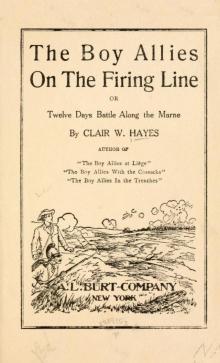 Boy Allies with the Cossacks; Or, A Wild Dash over the Carpathians
Boy Allies with the Cossacks; Or, A Wild Dash over the Carpathians